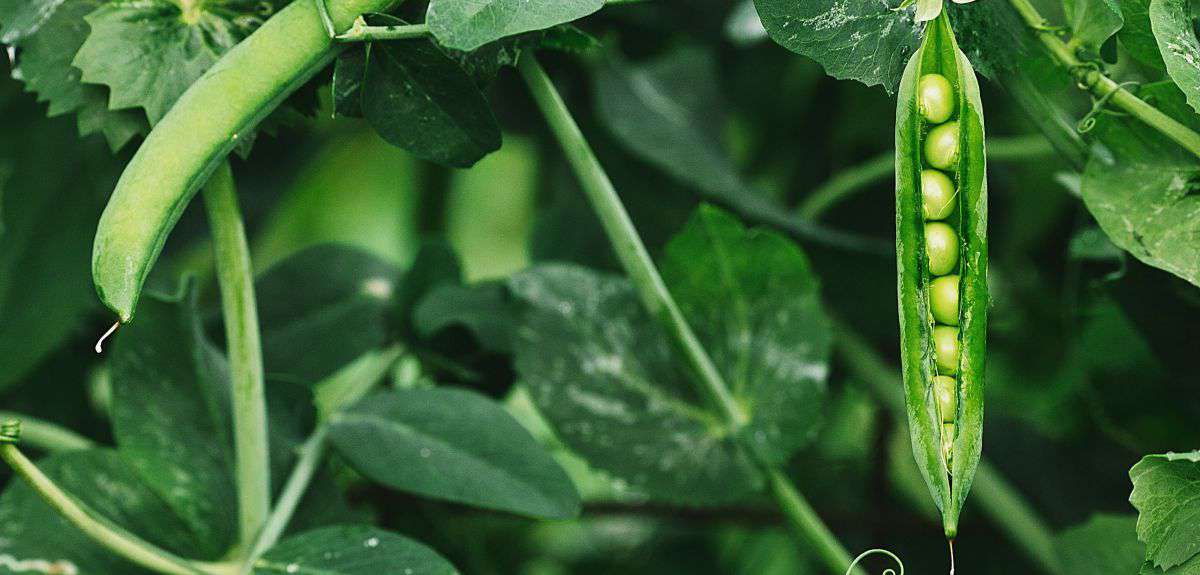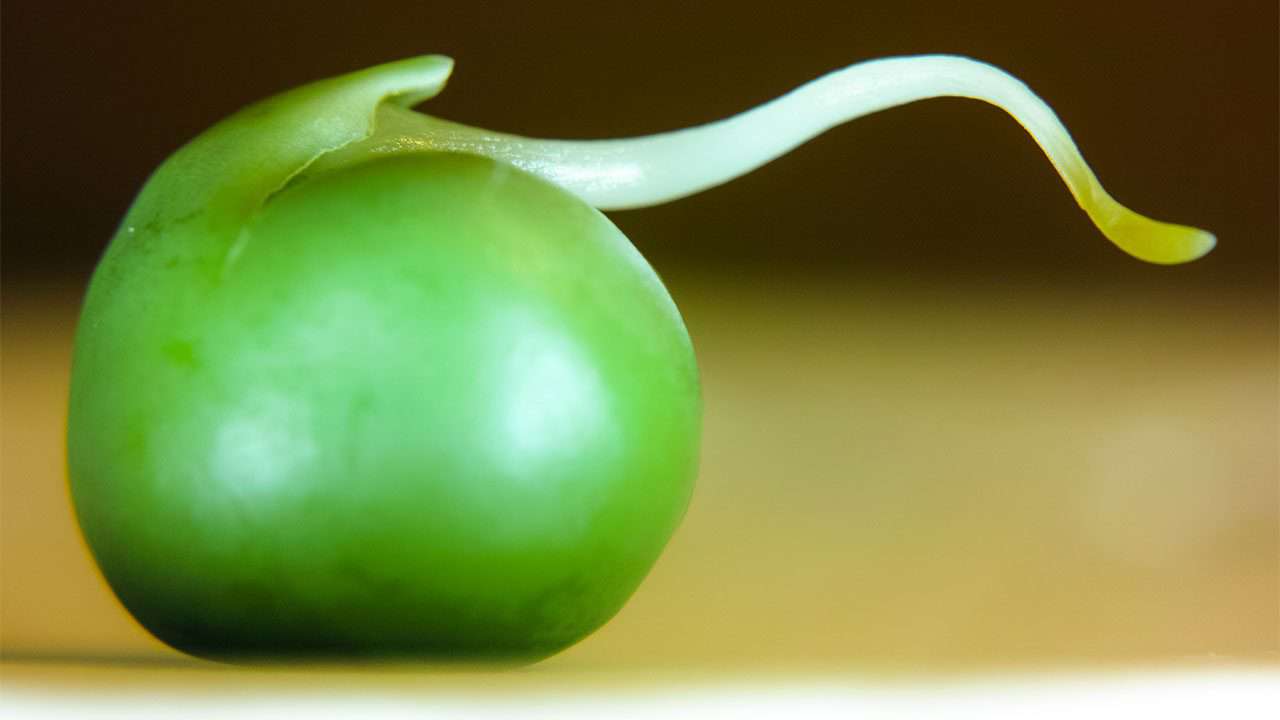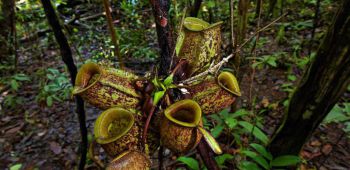Imagine you’re stuck in a desert and need $900 for a flight out. Someone offers a choice between $800 or a coin toss to win $1000. Heads, you end up with the full $1000; tails, you lose everything.
What will you do????
Think.....
But you know Pea plants, it turns out, makes the same decision. When it faces hard times, the species gambles, a scientist in a report says. This type of discovery is the first to show that plants not just animals have the ability to switch from being risk-avoiders to risk-takers.

- “Efrat Denver, a master’s student in environmental sciences at Ben-Gurion University said that: like everyone even he used to see plants as passive. But now his experiments show that this view is wrong.
- Alex Kacelnik, a behavioral ecologist at the University of Oxford says that: even plants do other things. That is, they haven’t been shown to be able to respond when times are tough by changing their behavior and taking a chance.
Some animals like Humans, primates, birds, and social insects take fewer risks when they face a steady supply of food. But when the supply of the food becomes indefinite, they tend to take more risks.
For instance, in lab experiments, honey bees turn to gamble when they’re starving, choosing to sip nectar from a tube that may dispense plentiful amounts or nothing.
To discover that whether plants act in the same way:
- Efrat Denver and his colleagues carried out a series of experiments on pea plants (Pisum sativum) raised in a greenhouse.
- The plants were grown with roots split between two pots.
- Each pot contained the same concentration and type of nutrients. But the level of nutrients in one pot was constant, whereas it varied in the other.
- After 12 weeks, the scientists measured the plants’ root mass and their allocation of roots inside each pot.
They discovered from this experiment:
- That the plants varied their distribution of roots depending on the nutrient level.
- In some experiments, the plants faced a choice between a pot with a steady supply of high nutrients and one with variable levels. These plants, expectedly, were risk-averse and grew most of their roots in the constant pot.
- But plants, when faced with a choice, switch their strategies between a dicey spot with variable levels of nutrients and a pot with constant but low amounts of nutrients were that low they were not sufficient for a plant to survive. In this case, the plants, like the person on a desert island, gambled.

“To our knowledge, this is the first demonstration" of this kind of risk response in an organism without a nervous system," Kacelnik says.
He adds that this doesn’t mean the “plants are intelligent" in the way that we think of humans or other animals. But they do have some way of sensing or evaluating the different conditions in the pots, although the scientists do not yet know what this is.
That the scientists have shown risk sensitivity in pea plants—“not really anyone’s top candidate for the cognitively advanced organism of the year—is a surprise," says David Stephens, a behavioral ecologist at the University of Minnesota, Twin Cities.
But that may be because most people aren’t aware of plants’ abilities, says James Cahill, a plant ecologist at the University of Alberta, Edmonton, in Canada. He also added that everyone knows that plants can process information and have memory For example; bittersweet nightshade plants can tell whether flea beetles or tortoise beetles are feeding on their leaves, and mount a different chemical defence against each species.
The new study “builds on this [knowledge]. They’re showing that risk matters to individual plants. It’s a great step and novel contribution to the developing field of plant behavior."
Still, it is the first step, Cahill and Stephens say—but one that is so exciting that both they and the team of researchers are calling for more studies.

 Seeing Zig-zag In Pl..
Seeing Zig-zag In Pl..
 Creation Of Fusion E..
Creation Of Fusion E..
 Android Evolution..
Android Evolution..
 A Dinosaur With Swan..
A Dinosaur With Swan..
 Reasons For Loving M..
Reasons For Loving M..
 Do Plants Gamble?..
Do Plants Gamble?..
 Is A Dark Matter Hol..
Is A Dark Matter Hol..
 Can Spinach Be Used ..
Can Spinach Be Used ..




















Comments